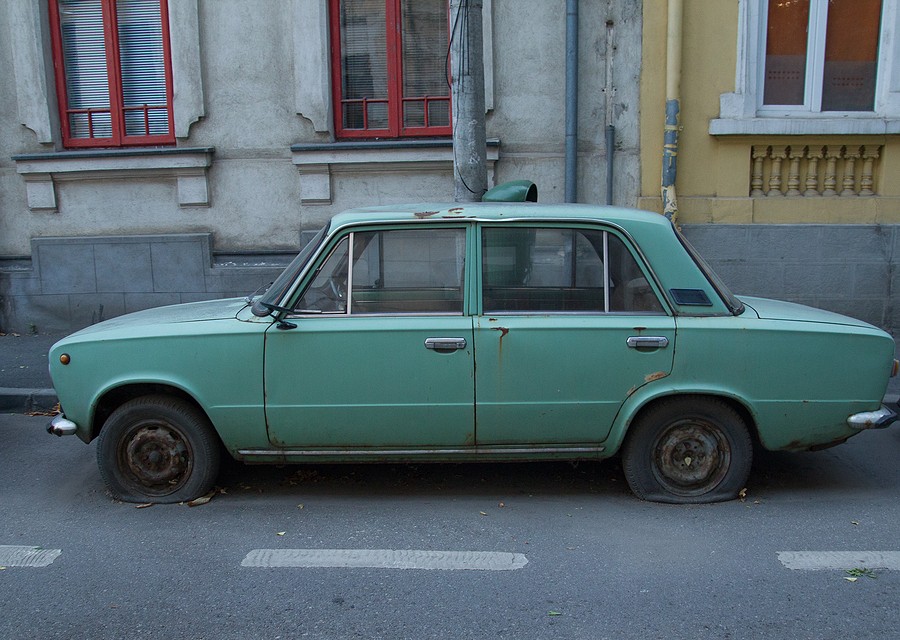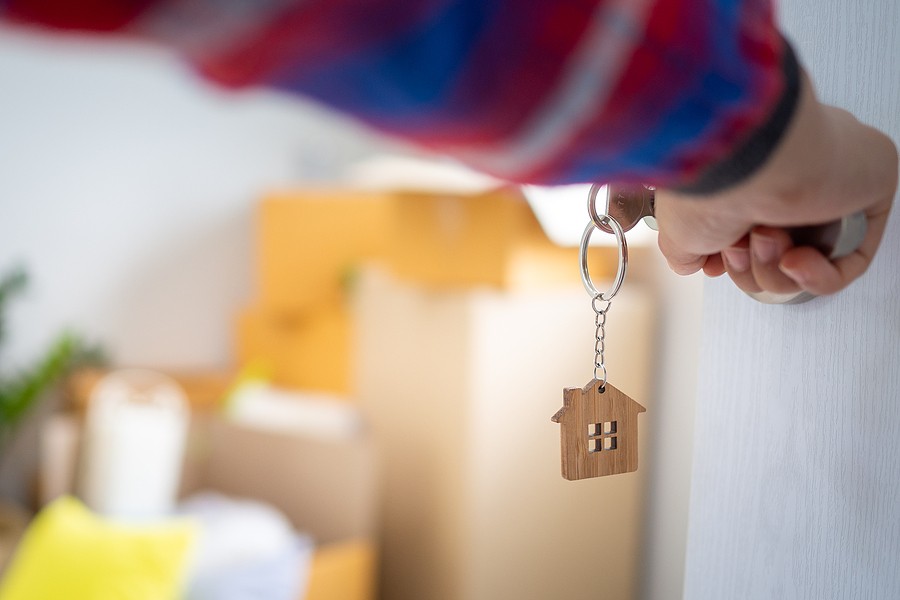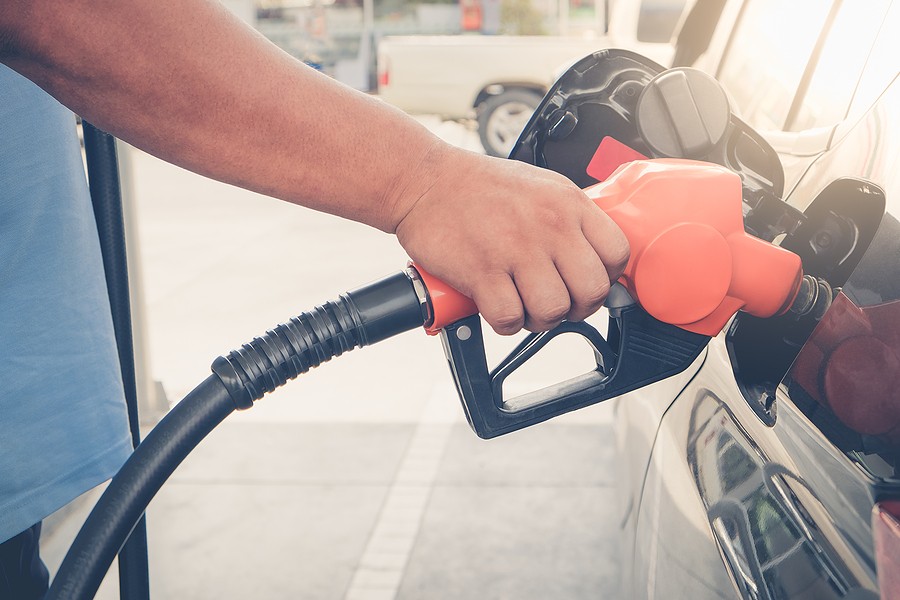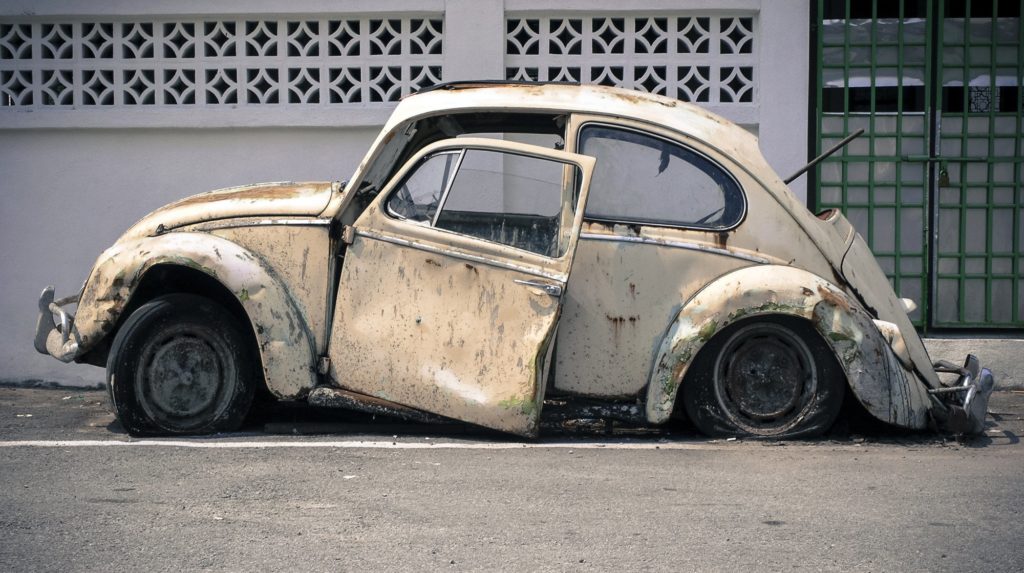Has your car finally bitten the dust and is now taking up space in your garage? Although it may seem worthless at this point, you may still be able to get some cash out of it.
Most people don’t think of automobiles as recyclable items. However, it turns out they’re the most recycled product on the planet.
This makes sense, given the amount of metal and components that make up a car. Scrapping your junk car will give some of this material a new life and keep it out of landfills.
However, before you get started, there are a few things you need to do. Keep reading to learn how to get your car ready for scrapping.

Clean out All Personal Items
Over time, cars accumulate a lot of your personal possessions. If your car has been immobile for a while, there’s a good chance you have no idea what’s in it.
When you sell your car for scraps, it’s not the buyer’s responsibility to dispose of unwanted items. It’s up to you to go through your car and remove everything. Who knows—you may find something you’ve been looking for.
While cleaning out your car, make sure to check in hard-to-reach places. Small items can easily make their way under seats, floor mats, storage consoles, and seat pockets. In addition, check the trunk for loose items like tools.
You should also take everything out of the glove compartment. Even if it seems like garbage, go ahead and remove it. It may contain personal information.

Transfer the Title
Just because your vehicle will never run again doesn’t mean you can forget about the title. You’ll need to transfer it to the buyer.
This may sound ridiculous, but there’s a reason behind it. If you don’t transfer the title, you’re technically still the owner. This means there’s a possibility you could run into legal liabilities.
A salvage yard or scrap dealer who doesn’t require a title transfer should send up a red flag. Anyone you sell your car to should want to make everything legit.
Keep in mind that some states don’t require vehicle owners to have a title if the car is over a certain age. Call your local Department of Motor Vehicles and ask about their requirements.
If you don’t have your title, it’s no problem. The DMV can help you get a replacement.
Remove Everything of Value
In addition to personal items, you may also want to consider removing components that still have some value. However, you need to talk to the buyer first. Removing certain things may reduce the amount they pay you.
Consider what you could get for certain items if sold on their own. You may also want to keep these items and use them in a new car.
Things you should consider removing include:
- Stereo systems
- GPS devices
- Tires that are still in good condition
- Rims
- Amplifiers
You can even consider removing parts such as the alternator or starter. If they’re still in decent shape, somebody will buy them.
However, consider the time and effort it will take to remove and then sell these parts. If you just want to get rid of your car quickly, you can skip this step.

Keep Your License Plates
Your car’s license plates are easy to overlook when selling it for scraps. It may seem like another insignificant detail, but you need to remove and keep your plates.
The license plates on your car are connected to your registration and title. In fact, some states require you to return the plates if you plan on canceling the registration and selling your car for scraps.
When selling to a reputable dealer, they’ll most likely remind you to keep your license plates. However, when you’re making a quick sale, it’s always possible to forget about little details like this.
The last thing you want is to sell your car and then realize your plates were still attached. If this happens, it may be too late to get them back.
Run out of Gas
That’s right. Running out of gas has never been a good thing until now.
If your junk car still runs or stopped running before it ran out of gas, you’ll need to make sure the tank is dry before selling for scraps. They’ll need to remove all the fluids anyway, and extra gas will make the process harder.
If your car still runs, drive it until it has as little gas as possible. Don’t worry if you can’t get every drop of gas out. You don’t want to end up stranded on the side of the road.
If your car doesn’t start, siphoning the remaining gas is an option. When doing so, make sure you use an approved gas container. You should also perform the siphoning process safely by using a long, plastic hose.

Ditch Your Car Insurance
Many states require broken down cars to carry the minimum amount of auto insurance. Even though your car is now junk, you may have kept comprehensive coverage to protect it from theft or vandalism.
Once you’ve completed all these steps and sold your car, don’t forget to cancel your insurance. Even if the policy period is about to end, go ahead and let them know you’re canceling.
If you scrap your car but have made an advance payment on your policy, you should get a refund. Notify your carrier right away so you get back the full amount.
Say Goodbye to Your Junk Car the Right Way
Remember, one man’s junk is another man’s treasure. Selling your vehicle for scraps when it’s no longer road-worthy is a great way to earn a little extra cash.
However, before you make a quick sale, follow the steps discussed above to ensure your junk car is prepared for the next life. The dealer you sell it to will appreciate your effort.
We specialize in buying used and junk cars for fair prices. Contact us today to get started.




